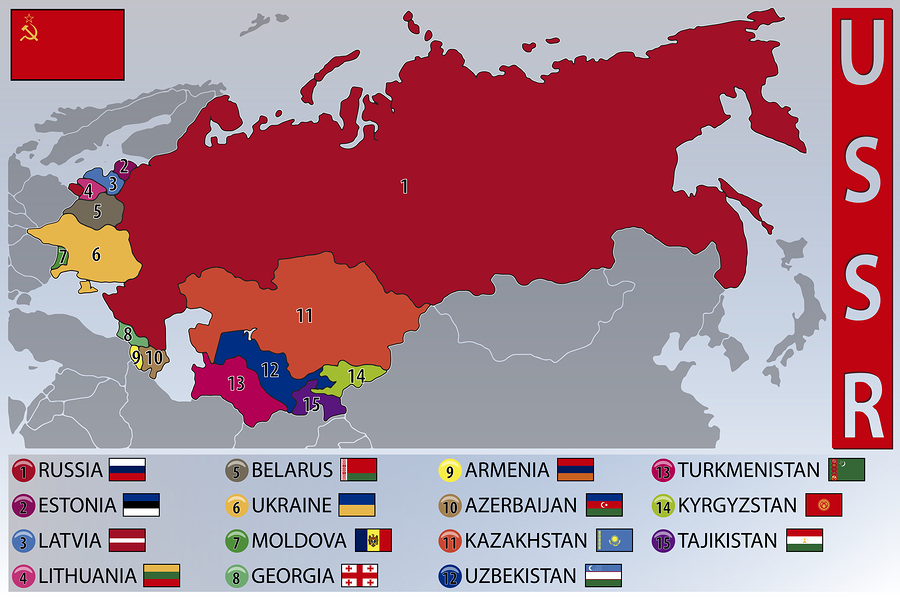 The third airport attacker was identified as being from Russia, where Islamic violence has broken out for decades — in the Chechnya separatist war, as part of a persistent insurgency in neighboring Dagestan, during the 2004 Beslan school seizure in which 334 hostages died, and underpinning an array of attacks in Moscow.
The third airport attacker was identified as being from Russia, where Islamic violence has broken out for decades — in the Chechnya separatist war, as part of a persistent insurgency in neighboring Dagestan, during the 2004 Beslan school seizure in which 334 hostages died, and underpinning an array of attacks in Moscow.
On Sunday, Norwegian authorities said a 17-year-old Russian with Islamist sympathies had been arrested on suspicion of placing a bomb at a subway station in Oslo.
Since the collapse of the Soviet Union a quarter-century ago, many of the new countries that emerged from its dust have been troubled by Islamic insurgencies. Just a few months after the USSR fell apart, rebels in Tajikistan, many of whom were Islamists of the strict Wahhabi sect, began what turned into a five-year civil war that killed 50,000 or more.
In 1998, the Islamic Movement of Uzbekistan took shape, aiming to replace a dictatorial government with an Islamic caliphate. The IMU became a feared ally of al-Qaeda; many of its adherents reportedly have switched their allegiance to the Islamic State group in recent years.
Authorities claimed the 2005 uprising in the Uzbek city of Andijan, in which police massacred hundreds, was inspired by the IMU.
Kyrgyzstan, like Uzbekistan and Tajikistan, endures widespread poverty. The per-capita GDPs in all three countries are lower than in many African countries. The more prosperous Kazakhstan and Turkmenistan appear to have comparatively low Islamist sentiment, though perhaps for different reasons.
Kazakhstan is the most ethnically diverse of the Central Asian republics, and longtime President Nursultan Nazarbayev has made religious tolerance a signature issue. Turkmenistan for the past quarter-century has suffocated opposition under successive cult-of-personality regimes.
Two extremist attacks in Europe during the past week have tendrils to former Soviet Central Asian republics, drawing new attention to the poverty and repressive governments that observers suggest make the region's people ripe for Islamic extremist recruiting.
The man who allegedly drove a truck into a crowd in downtown Stockholm, killing four, is an Uzbekistan native said to have Islamist sympathies. The Friday attack came four days after 13 people died in Russia when a suicide bomber identified as an ethnic Uzbek from Kyrgyzstan blew himself up on a St. Petersburg subway train.
How many Central Asians are active Islamist militants or sympathizers is impossible to assess, but they have been prominent in some of the past year's most gruesome extremist attacks.
An Uzbek is the suspect in the New Year's Even shooting at an Istanbul nightclub that killed 39; an Uzbek and a Kyrgyz are believed to be two of the three suicide attackers who killed 45 at Istanbul's airport in June.
Associated Press, 09.04.2017




